What good would politics be, if it didn't give everyone the opportunity to make moral compromises
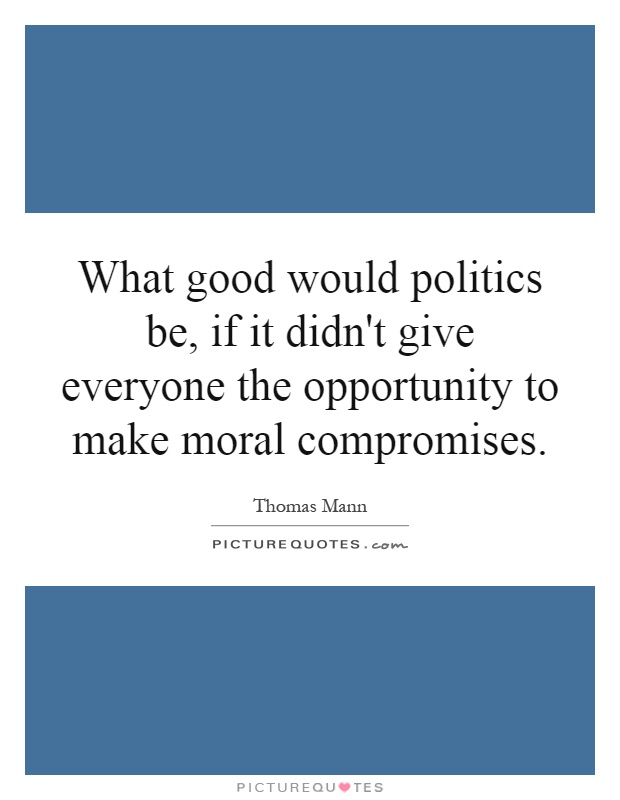
What good would politics be, if it didn't give everyone the opportunity to make moral compromises
Thomas Mann, the renowned German novelist and social critic, once famously said, "What good would politics be, if it didn't give everyone the opportunity to make moral compromises?" This statement encapsulates the complex and often morally ambiguous nature of politics, as well as the inherent tension between principles and pragmatism that politicians and citizens alike must navigate in the pursuit of a just society.Mann's words suggest that politics is inherently a realm of compromise, where individuals must often make difficult decisions that may require sacrificing some of their moral principles in order to achieve a greater good. This idea is particularly relevant in the context of Mann's own work, which often explores themes of morality, power, and the human condition.
In Mann's novel "Buddenbrooks," for example, the protagonist, Thomas Buddenbrook, is faced with a series of moral dilemmas as he navigates the complexities of business and family life in 19th-century Germany. Throughout the novel, Thomas is forced to make difficult decisions that test his principles and values, ultimately leading to a tragic downfall that serves as a cautionary tale about the dangers of compromising one's morals for the sake of success.
Similarly, in Mann's novella "Death in Venice," the protagonist, Gustav von Aschenbach, grapples with his own moral compromises as he becomes increasingly obsessed with a young boy he encounters during a trip to Venice. As Aschenbach's infatuation grows, he is forced to confront the darker aspects of his own desires and impulses, ultimately leading to his own downfall.
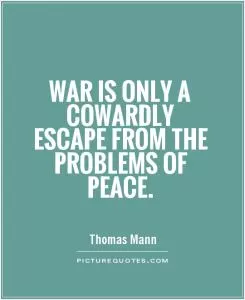
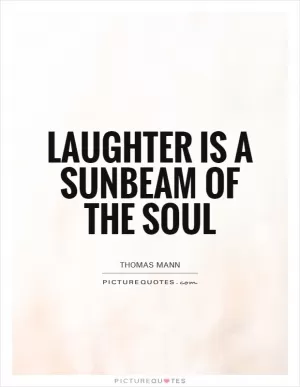
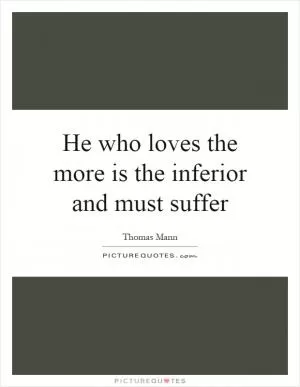
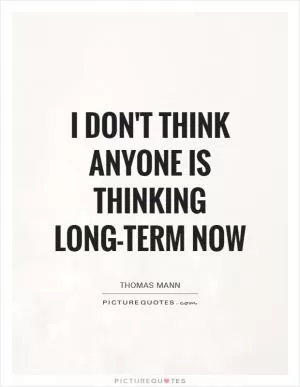
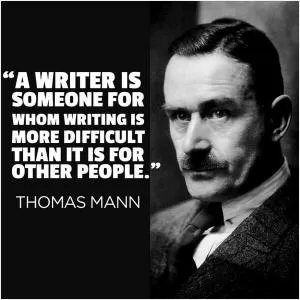
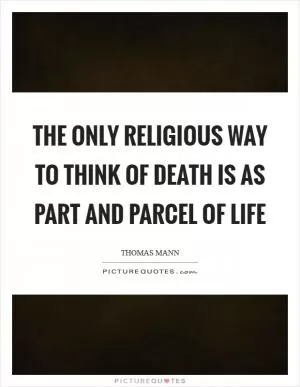
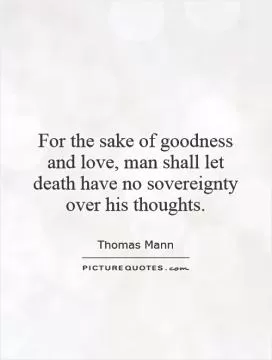
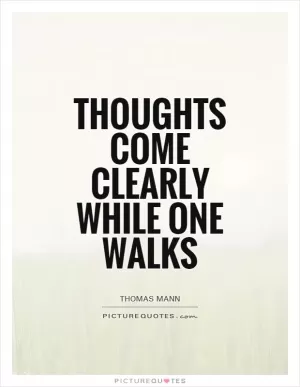
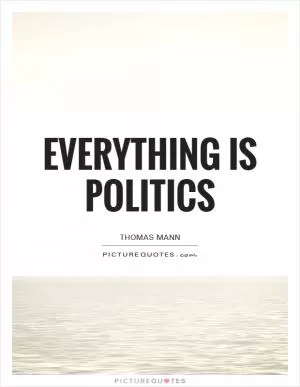
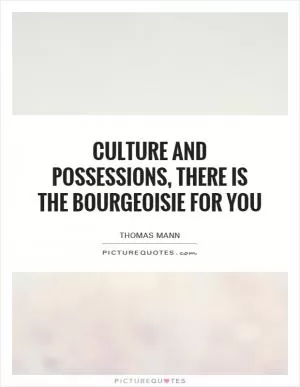
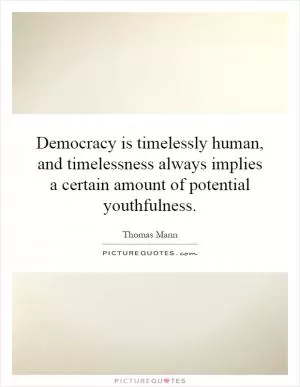
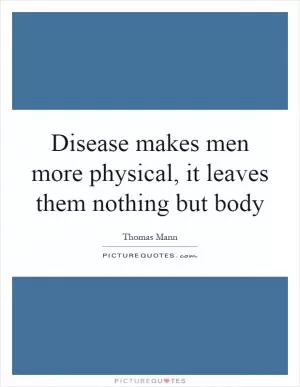
 Friendship Quotes
Friendship Quotes Love Quotes
Love Quotes Life Quotes
Life Quotes Funny Quotes
Funny Quotes Motivational Quotes
Motivational Quotes Inspirational Quotes
Inspirational Quotes